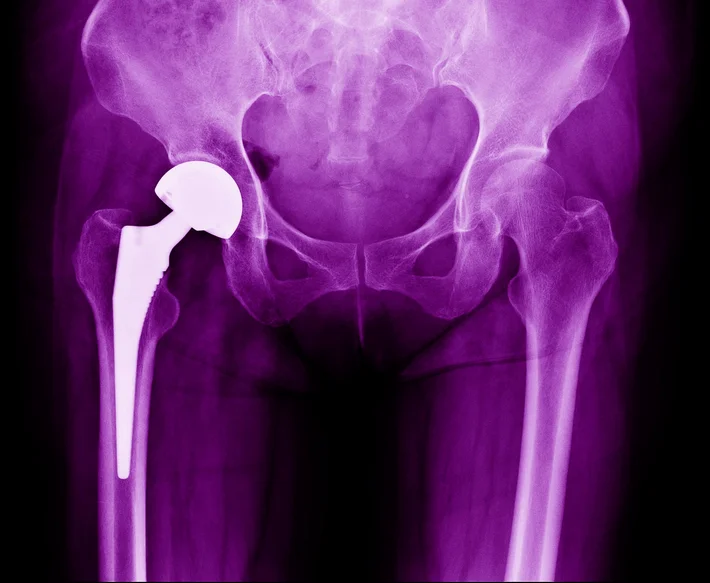
Meet with the best joint replacement physical therapists in Bellevue, Tennessee
Bellevue, Tennessee, Luna employs physical therapists that specialize in treating patients who have undergone total joint replacement surgery. Our experienced team of therapists are helping patients get back on their feet and back into the rhythm of their daily lives.
The best part of Luna is that patients no longer need to trek to and from the clinic. Our physical therapists come to you — it’s physical therapy, delivered.

What is a joint replacement?
Joint replacement, more formally known as “total joint replacement surgery,” is a procedure during which parts of a damaged joint are replaced with a metal, plastic, or ceramic prosthesis. The prosthesis is designed to mimic the movement of a healthy joint, helping the patient to move more freely after their surgery.
Several conditions can warrant a total joint replacement. The most common of these, arthritis, can damage the cartilage that protects the joints, resulting in chronic pain. Fractures or other injuries can have the same or similar effects. Generally, doctors recommend pain medication and/or physical therapy as the first line of defense against joint pain. It’s only when these solutions are insufficient that total joint replacement surgery is warranted.
Joint replacement surgery only takes a few hours. Recovery, on the other hand, typically takes months. Physical therapy is a vital part of the joint replacement recovery process, during which patients increase strength, mobility, and flexibility in the months following surgery to ensure proper healing.
Source: OrthoInfo

Why do patients need joint replacements?
The single most common reason for which patients elect to undergo total joint replacement surgery is osteoarthritis. Osteoarthritis causes the joint to wear down, leading to chronic pain and discomfort.
Other conditions, such as rheumatoid arthritis, bone tumors, injury, or avascular necrosis can also incur the need for a total joint replacement. Typically, a doctor is likely to try walking aids, medication, or physical therapy prior to recommending joint replacement surgery. If none of these measures sufficiently address the problem, surgery may be warranted.
The most common causes of joint replacements include:
- Osteoarthritis
- Rheumatoid arthritis
- Injury
- Bone tumors
















